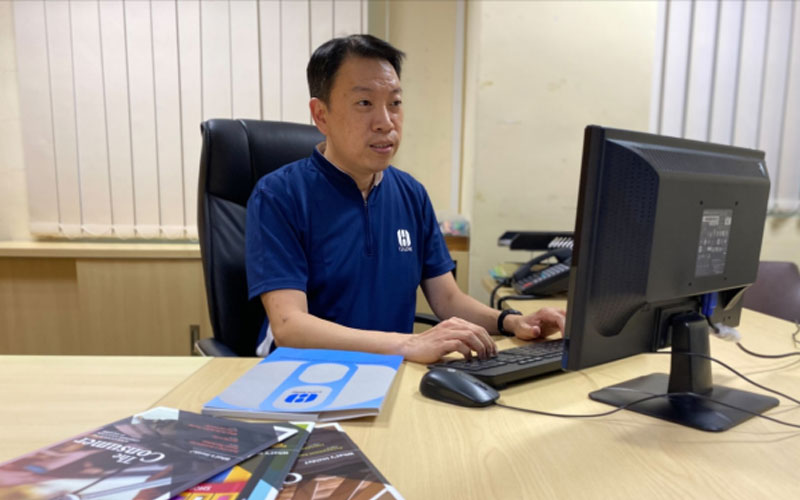
Prepaid for a package? What happens when the company closes abruptly?
The abrupt closure of California Fitness in 2016 left 27,000 members in the lurch with over $20 million in unused gym access fees and unredeemed training sessions.
The sudden closure of tour agency STA Travel in 2020 left as many as 682 customers with unfulfilled flights and travel packages. It was reported then that the customers were listed as creditors for sums possibly going up to $84,088.
Gym packages, travel packages, spa packages, beauty packages… the list goes on.
So what happens when you pay upfront for these packages, and the company closes down?
In most cases, consumers who have been caught out by such business closures will never get their money back.
What to look out for before signing prepaid packages?
If you intend to purchase services with a large sum as prepayment, beware of who you are giving your hard-earned money.
Consider Consumer Association of Singapore (CASE) ‘s CaseTrust accredited businesses.
Businesses accredited under selected CaseTrust schemes are required to protect consumers’ prepayments or deposits.
This is part of CASE’s ongoing efforts to safeguard consumers’ hard-earned money.
Check if the company is on the list here: CaseTrust Accredited Business Web Listing
CASE to strengthen protection against large prepayments

CASE President Melvin Yong shared that one of the key focus areas for CASE moving forward is strengthening protection against large prepayments.
Mr Yong said that CaseTrust will grow in breadth and depth.
CaseTrust will reach out to industries where accredited companies are few and far between, such as furniture, department stores and gyms. This will offer consumers a wider range of reliable businesses to enhance their shopping experience.
He has also urged CASE to work closely with industry associations to encourage their member companies to apply for accreditation. “We are in talks with several associations, and I look forward to some positive outcomes soon,” he said.
To address the perennial complaint from consumers that they were pressured to buy a package deal, CASE will call for a mandatory cooling-off period for certain high-value prepayments.
For a start, CASE will encourage businesses in the hair, beauty and massage industries to offer consumers a voluntary 5-day cooling-off period for goods and services sold at their stores.
“We hope these initiatives will lessen the risk of consumers losing their hard-earned money through hefty prepayments,” he said.
Read about the five key focus areas for CASE moving forward in this article by CASE President Melvin Yong on how CASE can evolve to better protect consumers of today and tomorrow.
CASE: 50 years of protecting consumers
CASE has been a steward in advocating for better consumer protection since it was founded in 1971.
Did you know?
The Small Claims Tribunals were created in 1985, after years of lobbying by CASE.
It is an avenue for consumers to resolve disputes quickly and affordably, rather than a lengthy court process. Today, claims of up to $20,000 can be heard at the Small Claims Tribunals. This limit can be raised to $30,000 with both parties’ consent.
Find out more about Consumers Association of Singapore (CASE), a non-profit, non-governmental organisation that is committed towards protecting consumers interest through information and education, and promoting an environment of fair and ethical trade practices.
Subscribe to Money Playschool for Giveaways and Updates delivered to your inbox.




![[ID: cf79IqBQh9o] Youtube Automatic](https://images.moneyplayschool.com/uploads/2023/08/16093152/id-cf79iqbqh9o-youtube-automatic-236x133.jpg)
![[ID: t6Y_Qtfg-zk] Youtube Automatic](https://images.moneyplayschool.com/uploads/2022/08/06215708/id-t6yqtfg-zk-youtube-automatic-236x133.jpg)

![[ID: p1LnocazyEI] Youtube Automatic](https://images.moneyplayschool.com/uploads/2021/10/13093020/id-p1lnocazyei-youtube-automatic-236x133.jpg)

![[ID: XAGZIMDNOp8] Youtube Automatic](https://images.moneyplayschool.com/uploads/2022/01/03151417/id-xagzimdnop8-youtube-automatic-236x133.jpg)